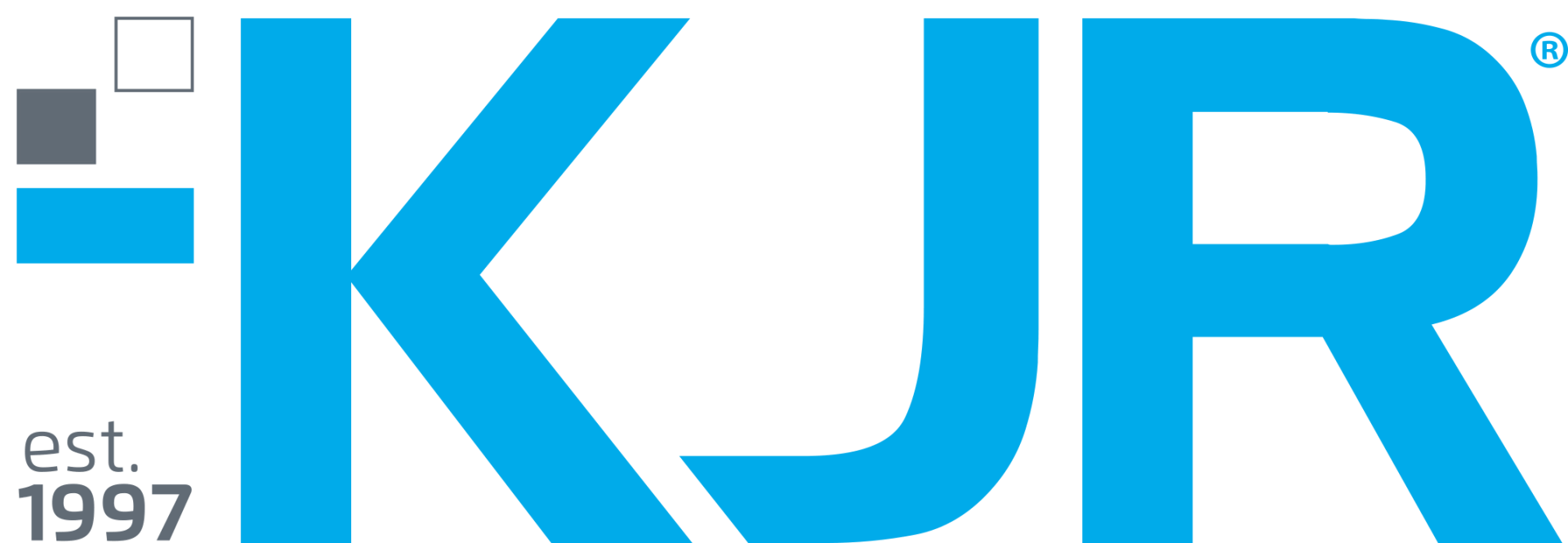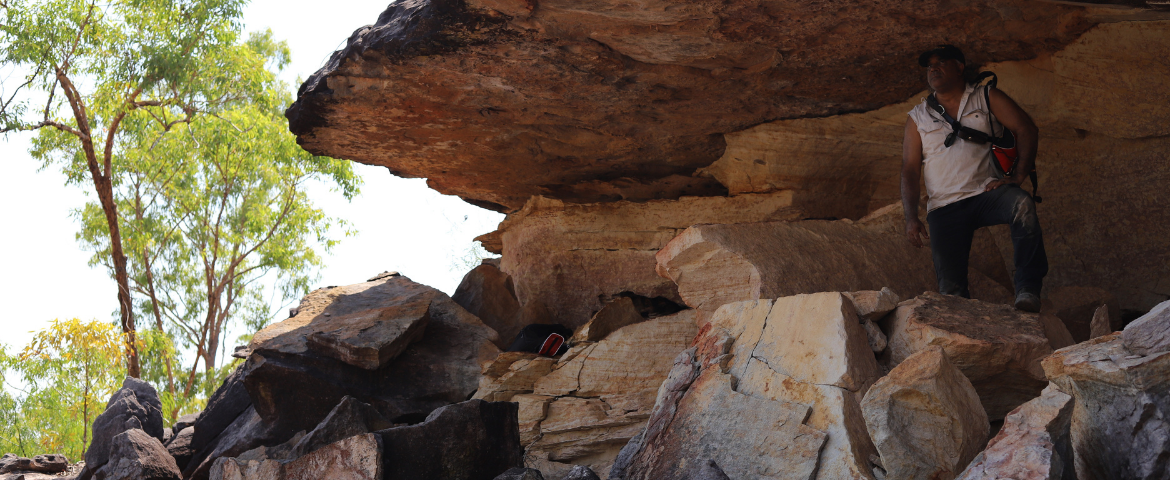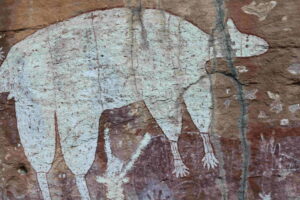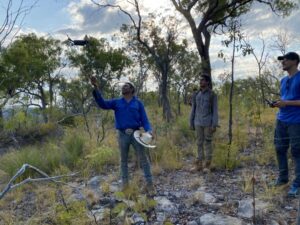Drone and AI to rediscover thousands of world-heritage Aboriginal rock art sites in far north Queensland
World-heritage Aboriginal rock art dating back thousands of years is one step closer to being rediscovered thanks to drone, artificial intelligence (AI) and mapping technology.
A group of leading Queensland tech companies, directed by KJR Australia and supported by Trusted Autonomous Systems, have joined forces with the Western Yalanji people in far north Queensland to develop a digital platform for documenting rock art.
The team will use drones, AI and mapping technology to scour the land, inaccessible on foot, to identify the location of the rock art.
Each site will then be catalogued into a high-resolution digital library to ensure its preservation.
The remote land north-west of Cairns has an estimated 10,000 historically significant rock art sites spread over 15,000 hectares.
The rugged terrain and displacement due to European settlement means much of it remains undocumented.
Technology consultancy KJR spearheaded the project after founder Dr Kelvin Ross went on a cultural tour of the region with Western Yalanji man Johnny Murison.
KJR chief technology officer Dr Mark Pedersen said the pair were sitting around the campfire one night a few years ago when the idea was born.
“They started talking about all the ways AI could be used to document all of this world-heritage listed rock art,” he said.
KJR and Trusted Autonomous Systems successfully applied for a Queensland Government grant to undertake the project.
The other Queensland companies that have come on board to deliver the ground-breaking initiative, include Emesent, FlyFreely, MaxusAI, Athena AI, Dr Catherine Ball and Griffith University digital archaeologist Dr Andrea Jalandoni.
Dr Pedersen said the benefits of the project were numerous.
“Firstly, we have this UNESCO world-heritage listed site in our backyard that not many people know about,” he said.
“It is a rich part of our human history that is at risk from fire and erosion, and we need to preserve it.”
Dr Pedersen, who has a personal connection to the region, said it was an honour to be working with the traditional owners to help protect their cultural heritage for generations to come.
“The Western Yalanji elders will determine who accesses the particular sites,” he said.
“The project will give young people the opportunity to connect with their elders so they can pass these stories on, while also developing a stronger sense of where they came from.”
Mr Murison agreed and said AI would help reactivate the traditional knowledge values of his people.
“Technology has taken our children away from our community and our culture,” he said.
“This way we can use it to bring our young people back.”
“It’s part of our society, we can’t escape it, so we should embrace it and use it as a tool.”
Mr Murison said in addition to in-person and virtual tourism opportunities, the project would also have other economic benefits.
“We’ve undergone drone certification as part of the project, which will hopefully help with future employment,” he said.
Dr Pedersen said it was about equipping the rangers so they could carry out other data collection.
“By becoming certified drone operators, they’ll be able to track feral animals, control fires, manage land and provide those services to other nearby agricultural businesses,” he said.
Dr Ball said she believed the project would spearhead technological eco-tourism across Australia.
“Post Covid-19, people want to have really unique experiences,” she said, adding these kinds of projects were fundamental to the scaling of technology and economic growth in regional and remote areas.
“This is about opening pathways for people who may not have seen themselves in these roles,” she said.
FlyFreely founder Dr David Cole said the Western Yalanji project would also benefit industry, by enabling the testing of complex, real-world beyond visual line-of-sight operations, to inform future regulatory standards.










